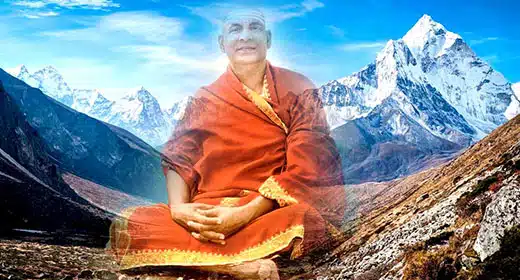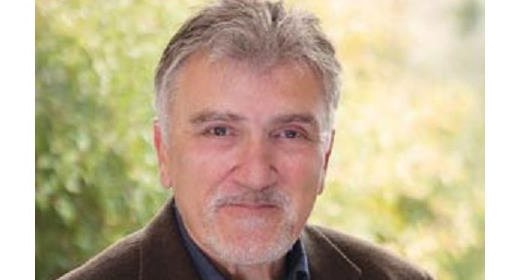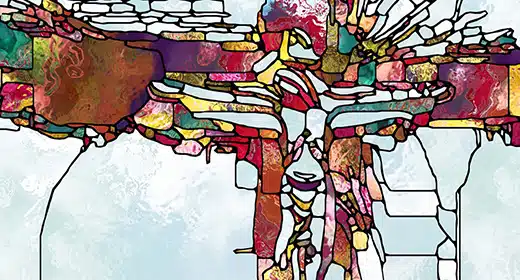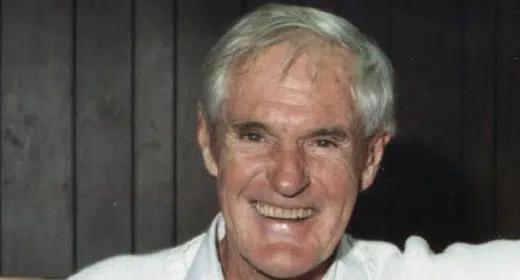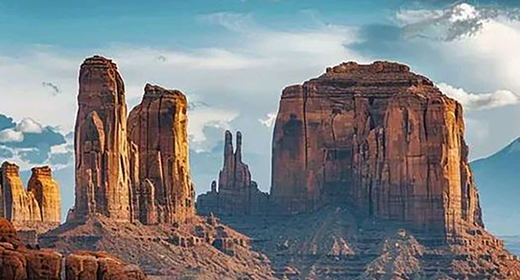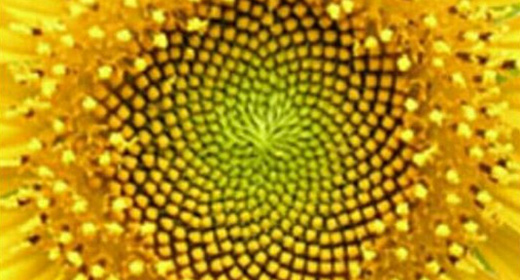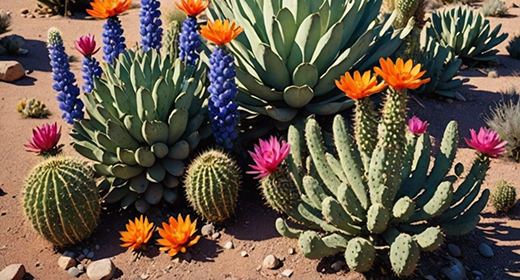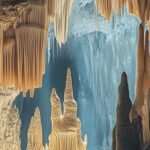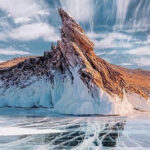by Shunryu Suzuki: If you go to Japan and visit Eiheiji monastery, just before you enter you will see a small bridge called Hanshaku-kyo, which means “half-dipper bridge.” 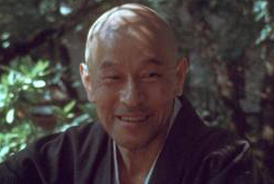 Whenever Dogen-zenji dipped water from the river, he used only half a dipperful, returning the rest to the river again, without throwing it away. That is why we call the bridge Hanshaku-kyo, “Half-Dipper Bridge.” At Eiheiji when we wash our face, we fill the basin to just seventy percent of its capacity. And after we wash, we empty the water towards, rather than away from, our body. This expresses respect for the water. This kind of practice is not based on any idea of being economical. It may be difficult to understand why Dogen returned half of the water he dipped to the river. This kind of practice is beyond our thinking. When we feel the beauty of the river, when we are one with the water, we intuitively do it in Dogen’s way. It is our true nature to do so. But if your true nature is covered by ideas of economy or efficiency, Dogen’s way makes no sense.
Whenever Dogen-zenji dipped water from the river, he used only half a dipperful, returning the rest to the river again, without throwing it away. That is why we call the bridge Hanshaku-kyo, “Half-Dipper Bridge.” At Eiheiji when we wash our face, we fill the basin to just seventy percent of its capacity. And after we wash, we empty the water towards, rather than away from, our body. This expresses respect for the water. This kind of practice is not based on any idea of being economical. It may be difficult to understand why Dogen returned half of the water he dipped to the river. This kind of practice is beyond our thinking. When we feel the beauty of the river, when we are one with the water, we intuitively do it in Dogen’s way. It is our true nature to do so. But if your true nature is covered by ideas of economy or efficiency, Dogen’s way makes no sense.
I went to Yosemite National Park, and I saw some huge waterfalls. The highest one there is 1,340 feet high, and from it the water comes down like a curtain thrown from the top of the mountain. It does not seem to come down swiftly, as you might expect; it seems to come down very slowly because of the distance. And the water does not come down as one stream, but is separated into many tiny streams. From a distance it looks like a curtain. And I thought it must be a very difficult experience for each drop of water to come down from the top of such a high mountain. It takes time, you know, along time, for the water finally to reach the bottom of the waterfall. And it seems to me that our human life may be like this. We have many difficult experiences in our life. But at the same time, I thought, the water was not originally separated, but was one whole river. Only when it is separated does it have some difficulty in falling. It is as if the water does not have any feeling when it is one whole river. Only when separated into many drops can it begin to have or to express some feeling. When we see one whole river we do not feel the living activity of the water, but when we dip a part of the water into a dipper, we experience some feeling of the water, and we also feel the value of the person who uses the water. Feeling ourselves and the water in this way, we cannot use it in just a material way. It is a living thing.
Before we were born we had no feeling; we were one with the universe. This is called “mind-only,” or “essence of mind,” or “big mind.” After we are separated by birth from this oneness, as the water falling from the waterfall is separated by the wind and rocks, then we have feeling. You have difficulty because you have feeling. You attach to the feeling you have without knowing just how this kind of feeling is created. When you do not realize that you are one with the river, or one with the universe, you have fear. Whether it is separated into drops or not, water is water. Our life and death are the same thing. When we realize this fact, we have no fear of death anymore, and we have no actual difficulty in our life.
When the water returns to its original oneness with the river, it no longer has any individual feeling to it; it resumes its own nature, and finds composure. How very glad the water must be to come back to the original river! If this is so, what feeling will we have when we die? I think we are like the water in the dipper. We will have composure then, perfect composure. It may be too perfect for us, just now, because we are so much attached to our own feeling, to our individual existence. From us, just now, we have some fear of death, but after we resume our true original nature, there is Nirvana. That is why we say, “To attain Nirvana is to pass away.” “To pass away” is not a very adequate expression. Perhaps “to pass on,” or “to go on,” or “to join” would be better. Will you try to find some better expression for death? When you find it, you will have quite a new interpretation of your life. It will be like my experience when I saw the water in the big waterfall. Imagine! It was 1,340 feet high!
We say, “Everything comes out of emptiness.” One whole river or one whole mind is emptiness. When we reach this understanding we find the true meaning of our life. When we reach this understanding we can see the beauty of human life. Before we realize this fact, everything that we see is just delusion. Sometimes we overestimate the beauty; sometimes we underestimate or ignore the beauty because our small mind is not in accord with reality.
To talk about it this way is quite easy, but to have the actual feeling is not so easy. But by your practice of zazen you can cultivate this feeling. When you can sit with your whole body and mind, and with the oneness of your mind and body under the control of the universal mind, you can easily attain this kind of right understanding. Your everyday life will be renewed without being attached to an old erroneous interpretation of life. When you realize this fact, you will discover how meaningless your old interpretation was, and how much useless effort you had been making. You will find the true meaning of life, and eleven though you have difficulty falling upright from the top of the waterfall to the bottom of the mountain, you will enjoy your life.


